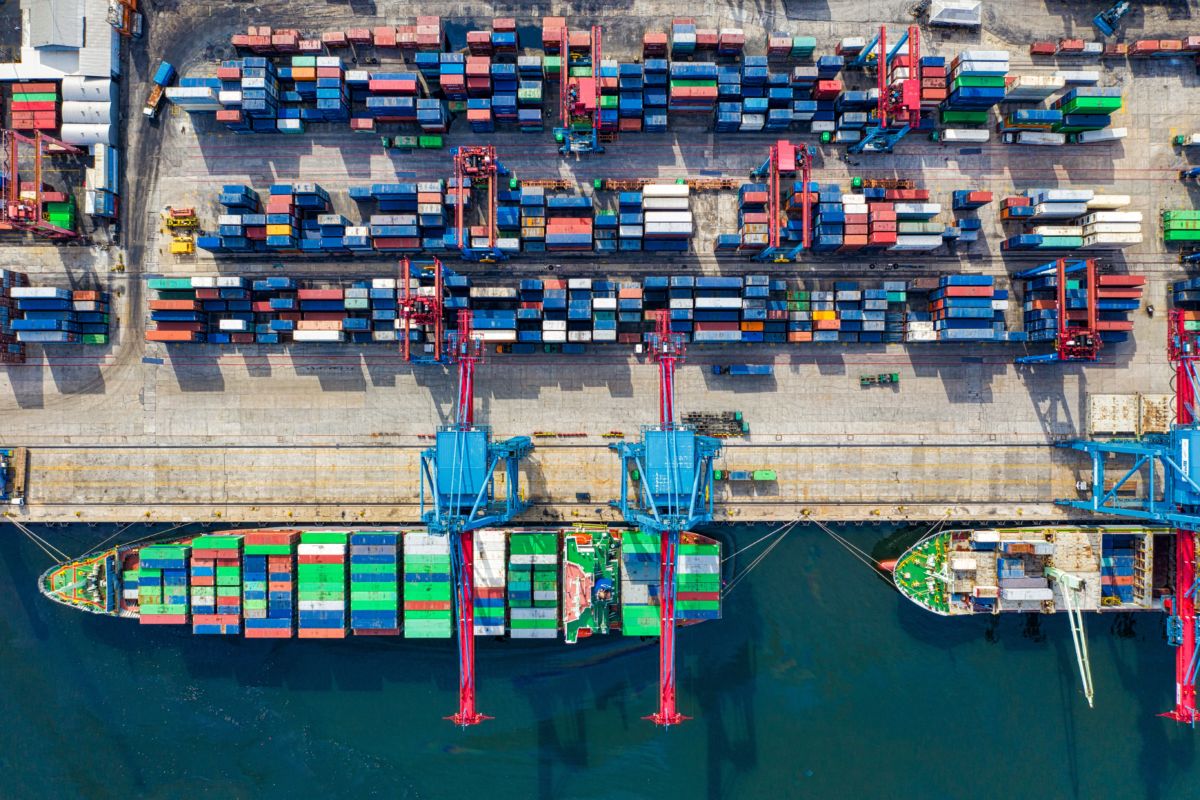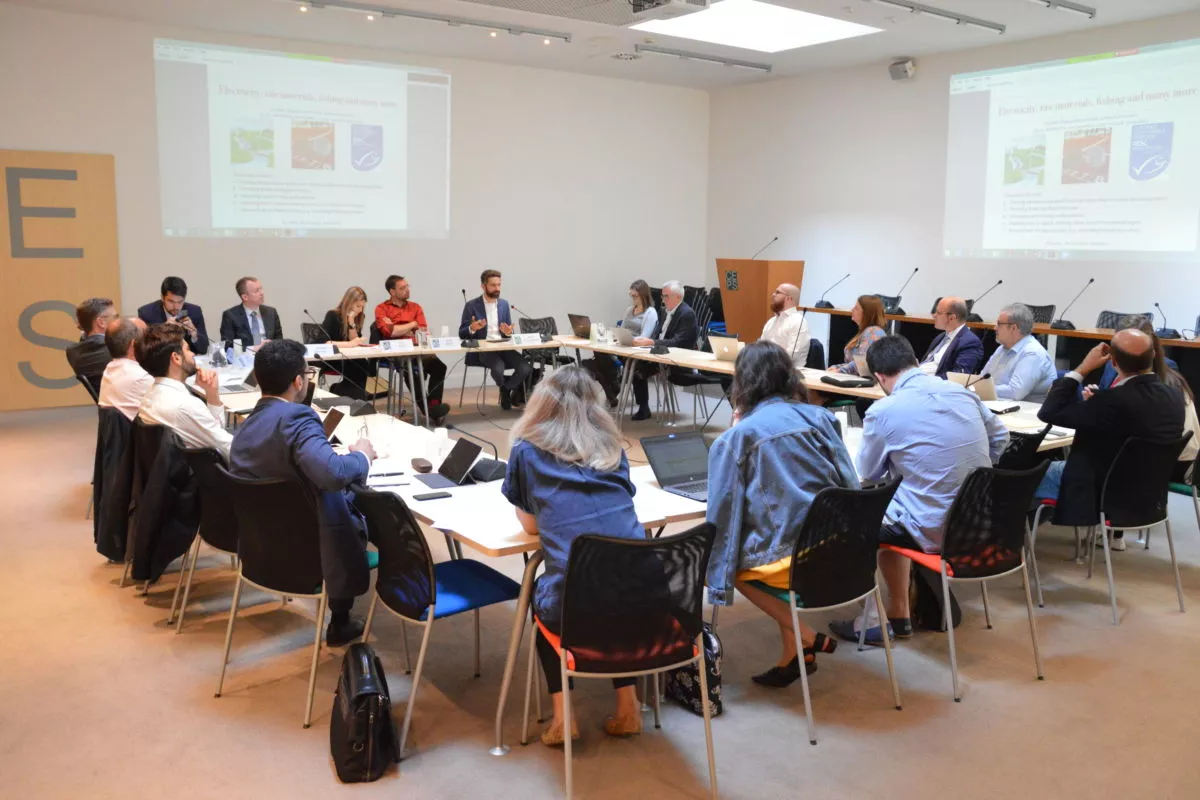Following the publication of the Second Strategic Energy Review by the European Commission in November 2008 and the adoption of the integrated energy and climate package by the European Council and Parliament in December 2008, EU energy policy is gaining speed. The European dimension of energy policy has been re-emphasised by the recent Russia-Ukraine gas dispute in January 2009, which severely affected several EU member states. Additional dynamics are contributed by the global climate change negotiations – supposed to be completed in Copenhagen by December 2009 – and the ratification of the Lisbon Treaty, which provides a basis for a common energy policy (albeit on the abstract notion of “a spirit of solidarity”).Within the context of these developments and linked to the importance of energy security on the EU political agenda in 2009, this new CEPS Energy Task Force on Securing European Energy Supplies will look at how the EU and its energy sector can prepare for the challenges posed by global energy markets and climate change. After taking stock of the most recent EU policy developments, this CEPS Task Force will focus on whether the proposed EU policy responses will be able to meet the challenges and whether Europe makes the right choices. Internal EU developments will be at the centre of the discussions, but the CEPS Task Force will also look beyond the EU borders, focusing on the EU’s eastern partners and the growing role of the Mediterranean in shaping the response of the EU to current supply risks.
Although it is up to the Task Force to decide upon the final terms of reference, CEPS proposes several key issues to be discussed in the course of the four CEPS Task Force meeting: • A European concept of security of supply/energy policy including indicators to measure EU and member state robustness to risks
•The relationship between security of supply and security of demand
•Energy solidarity measures: What markets can deliver and the supplementary role of policy
•Infrastructure: A critical and realistic assessment of the EU role
•Giving meaning to the concept of interdependence with Russia
•The Mediterranean Union and energy security
•Assessing the impacts of climate change and climate change policy on energy security
In addition, this CEPS Task Force will provide a constant update on developments related to the Second Strategic Energy Review.
Please find further information in the Prospectus:
Prospectus of the Task Force (incl. Agenda & Registration Form)
Chair:
Knud Pedersen, Senior Vice President, DONG S/A; former Deputy Director-General, Danish Energy Authority
Rapporteurs:
Arno Behrens, Research Fellow, CEPS
Christian Egenhofer, Senior Research Fellow, CEPS
Arianna Checchi, Research Fellow, CEPS
Meetings:
1st meeting: 31 March 2009 (agenda)
2nd meeting: 2 June 2009 (agenda)
3rd meeting: 29 September 2009
4th meeting: January 2010.
Presentations 1st meeting – 31 March 2009:
Securing European Energy Supplies: Making the Right Choices – Roberto Zangrandi, Head of European Institutional Affairs, Enel SpA
The new Energy Policy – Jean-Arnold Vinois, Head of Unit Energy Policy and Security of Supply, Directorate General for Energy and Transport
Global Energy Markets: Key Trends and Strategic Challenges – Didier Houssin, Director, Directorate for Energy Markets and Security, International Energy Agency
Classification: Internal Status – Hans M. Gjennestad, StatoilHydro
CEPS Energy Task Force on: Securing European Energy Supplies – Making the Right Choices. Issues Paper – Arianna Checchi, former CEPS Fellow; Arno Behrens, CEPS Fellow
Presentations 2nd meeting – 2 June 2009:
Securing European Energy Supplies: Making the Right Choices. Key messages of the first meeting – Christian Egenhofer, CEPS Senior Fellow
Investments into European Gas Transmission Infrastructure – Volker Schippers, GTE+ Senior Adviser
Review of existing indicators of energy security – James Greenleaf, Ecofys
To improve the climate for investments in flexibility – Olivier Ricard, Total
Addressing vulnerability: The EU respomse. Internal energy policies and the critical role of infrastructure – Helen Donoghue, DG TREN, European Commission
Evaluating vulnerability and EU Member State Energy Policy Integration – Arno Behrens, CEPS Fellow
Presentations 3rd meeting – 29 September 2009:
Security of Supply and Interdependence – Jean-Marie Devos, Eurogas Secretary General
Energy Interdependence between EU and Russia: Security of Supply and Security of Demand – Ralf Dickel, Director for Trade and Transit, Energy Charter Secretariat
Security of supply and the role of markets: An industrial energy consumer perspective – Hans Grünfeld, President IFIEC Europe
Securing European Energy Supplies: Making the Right Choices – Jean-Paul Peers, Vice-President Energy and Climate Policy, Siemens







